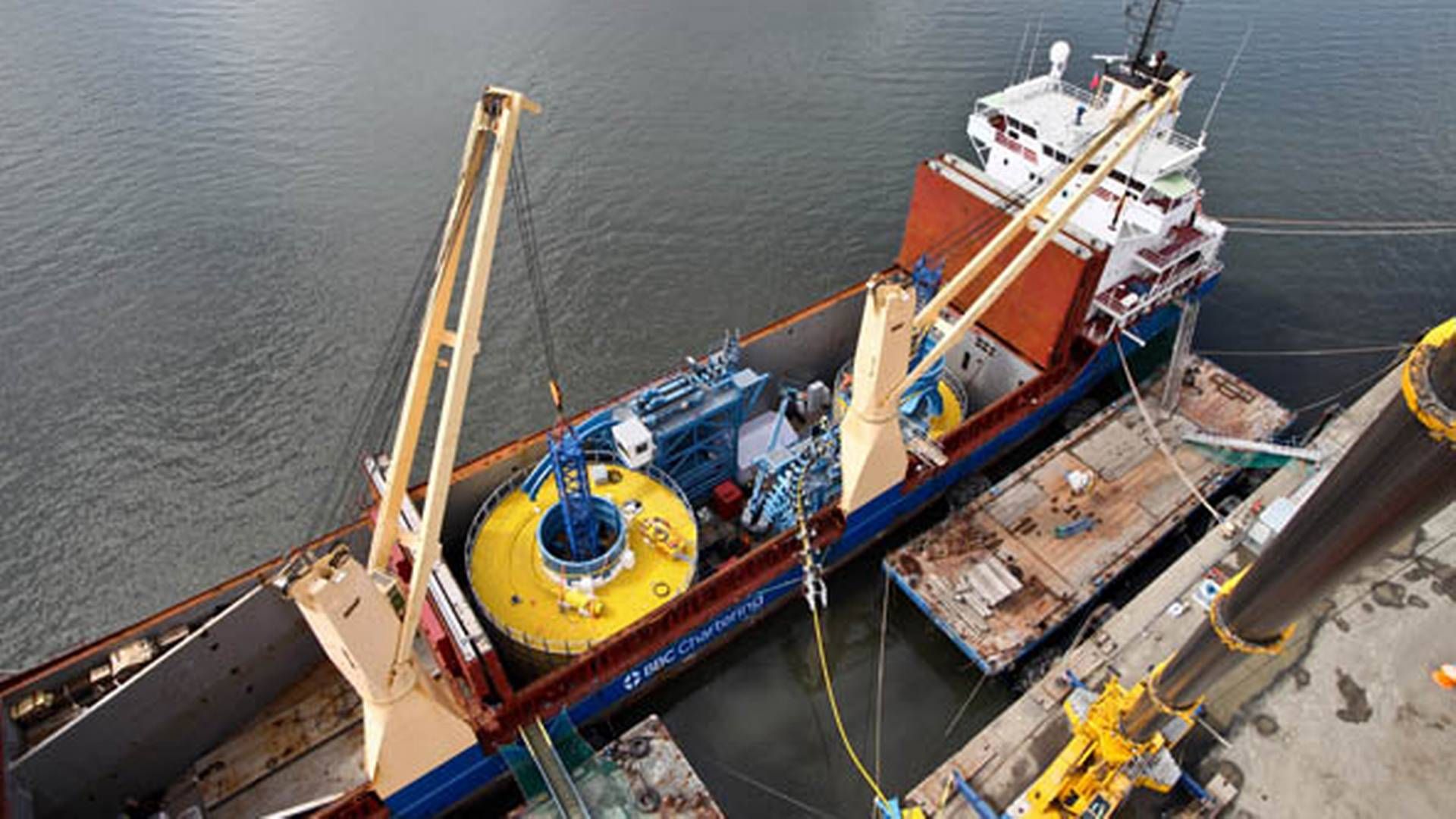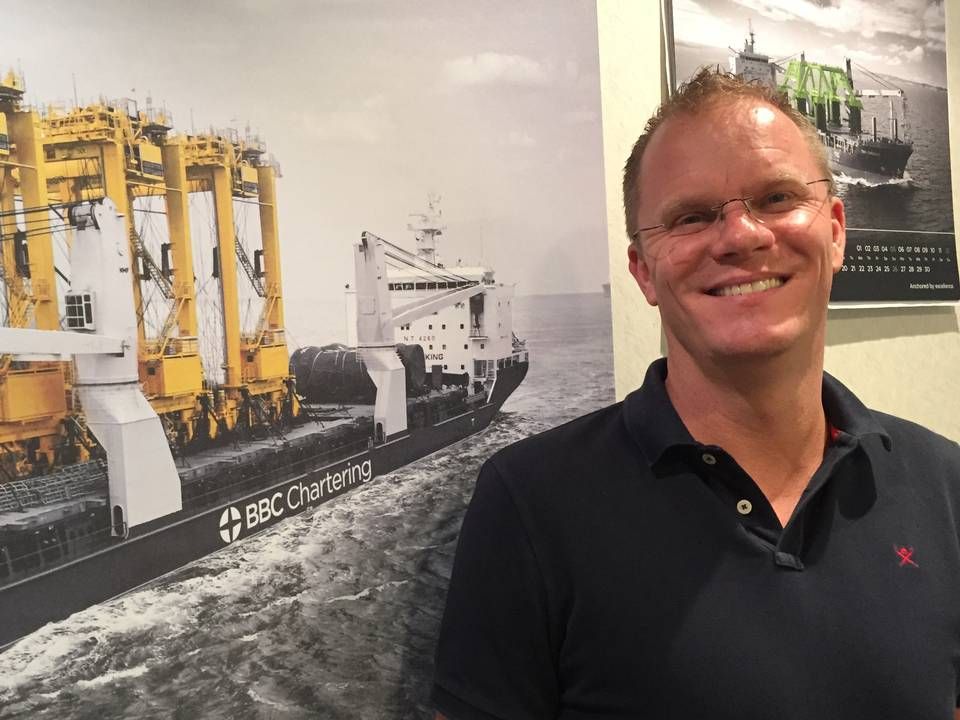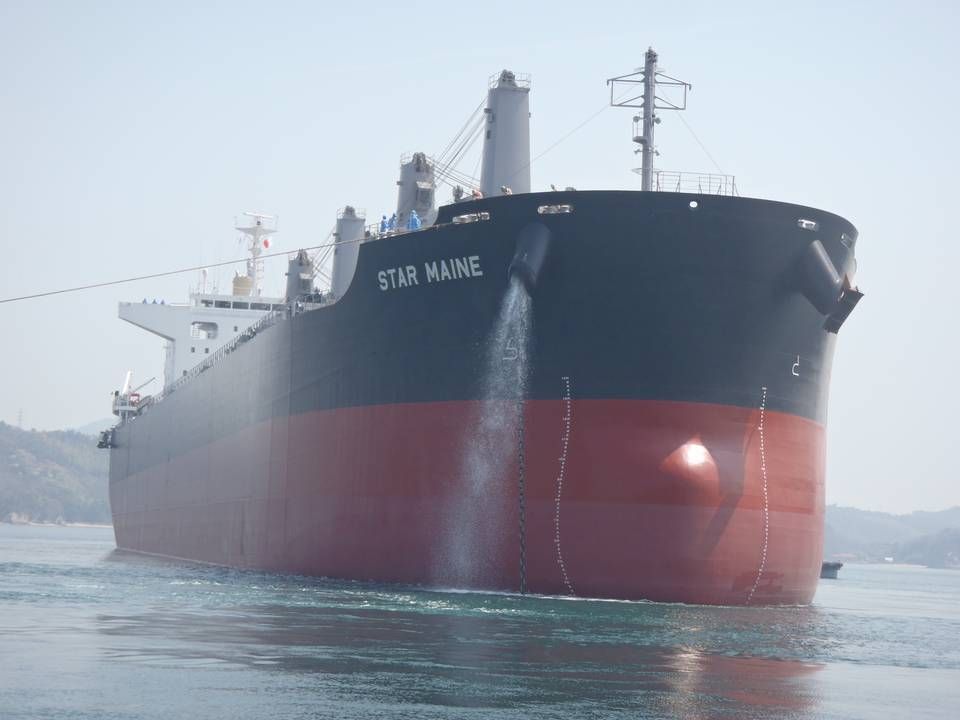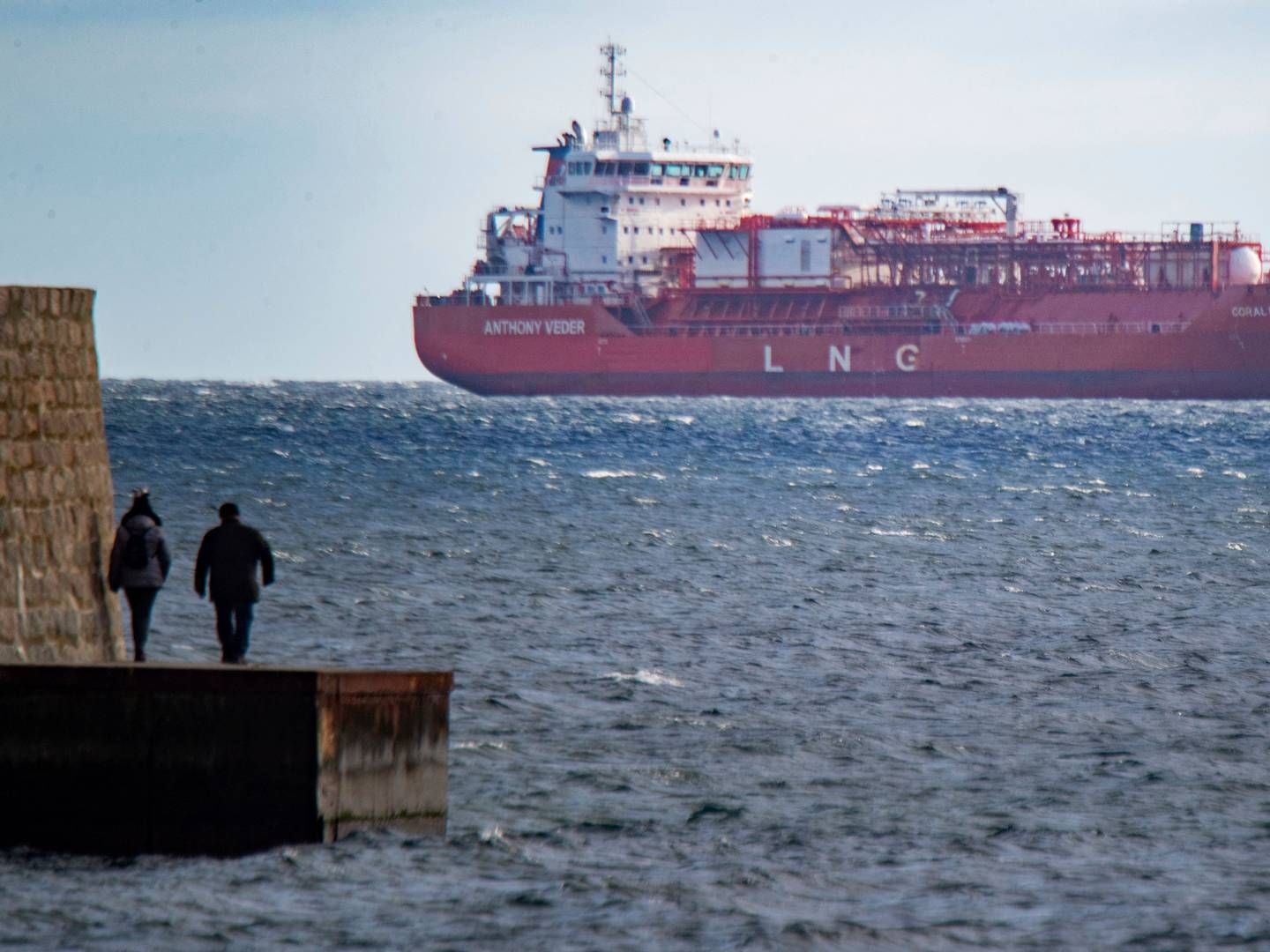BBC Chartering in Asia: Our engineers bring in the jobs

SINGAPORE
Although the almost 13,000 ton vessel takes up most of the picture hanging on the wall, it is not the most eye-catching thing in the frame.
While the "BBC Ontario" is photographed in black and white, her cargo is highlighted in a bright yellow to signal that at BBC Chartering, the focus is on the cargo – especially cargo that is complicated and requires specialized skills to move around the world.
"Everything that can't be put in a container is interesting for us. If it is valuable, then we are interesting for the customers too," Lars Schønnemann notes.
He serves as Managing Director of BBC Chartering in Singapore.
"Our vessels are relatively expensive, so general cargo is a hard place for us to really compete," Schønnemann explains when ShippingWatch meets with him at the office in Singapore where he has been Managing Director at BBC Chartering since 2011 for the part of the business between the Suez Canal and Hawaii.
BBC Chartering has 175 vessels and almost 400 employees, making it the largest shipping company in heavy lift and project cargo.
Engineer team crucial for business
As ShippingWatch has reported on numerous occasions, the historic crisis in the dry bulk industry is costing investors billions, and some of BBC Chartering's biggest competitors – such as Denmark's Nordana and Thorco Shipping – are in financial trouble.
The company does not publish its financial reports, but as Schønnemann says, "2013 was a bad year, while 2014 and 2015 have been positive. It's all fine, to say the least".
Asia is the driving force for BBC Chartering at the moment, and the region constitutes "a significant portion" of the revenue. Meanwhile, the number of offices has grown from five to ten – and employees went from 40 to 85.
Some of the new employees are far from the prototype for workers in the shipping industry. On the other hand, they have proven to be very important when the customer has to choose who will freight his cargo from A to B, Schønnemann highlights:
"Here in Asia, we have put together an engineering team which provides technical trust and support for what we do. This is costly, but what's the price if you don't get the job?" asks the 40-year-old Danish director.
"The technical division brings in a lot of our contracts today because of their skills. In the current market, we can't just talk our way into things anymore."
Gambling on the need for electricity
In a market under severe pressure from low freight prices and overcapacity, BBC Chartering is looking for the opportunities that must still be out there, as Schønnemann explains:
"One of the things in demand is electricity. And the US is a very big importer of equipment for power plants because their current network is simply not set up for the consumption levels we're seeing right now," he explains and casts a glance at the world map hanging in front of him in the small meeting room.
"Indonesia also need huge amounts of electricity. Vietnam is far behind, and India is also far behind – not to mention Myanmar," he says, listing countries:
"So we have a lot of focus on this segment. And we have a close collaboration with the major suppliers in electricity such as GE and Siemens."
BBC also sees a flourishing development in green energy:
"This year, renewable energy – wind turbines – went crazy! All the major manufacturers have reported full capacity in production, so in the next few years, this will create an incredible amount of volume on the market," says the Singapore director, hoping that this will loosen up the special cargo market:
"Hopefully, this will also create demand for tonnage, so that the global fleet at sea will be occupied. And when the normal amount of cargo arrives, then there might not be much room left," he explains and optimistically concludes:
"So we hope that this will create balance between supply and demand again."
BBC Chartering expects black figures again
Related articles
BBC Chartering expects black figures again
For subscribers
BBC Chartering: The project cargo market collapsed
For subscribers
Squeezed carrier sells dry bulk vessels for 1 USD apiece
For subscribers






















